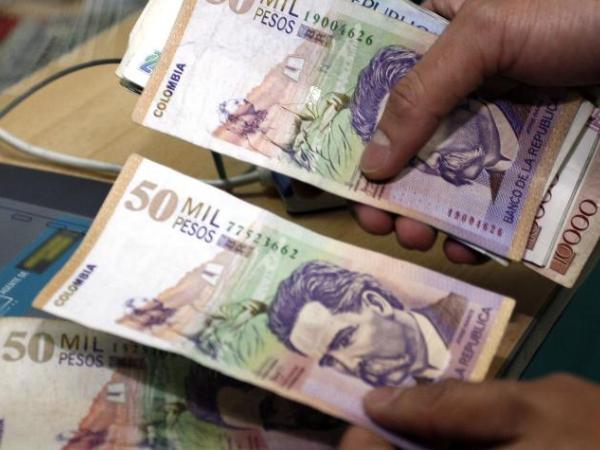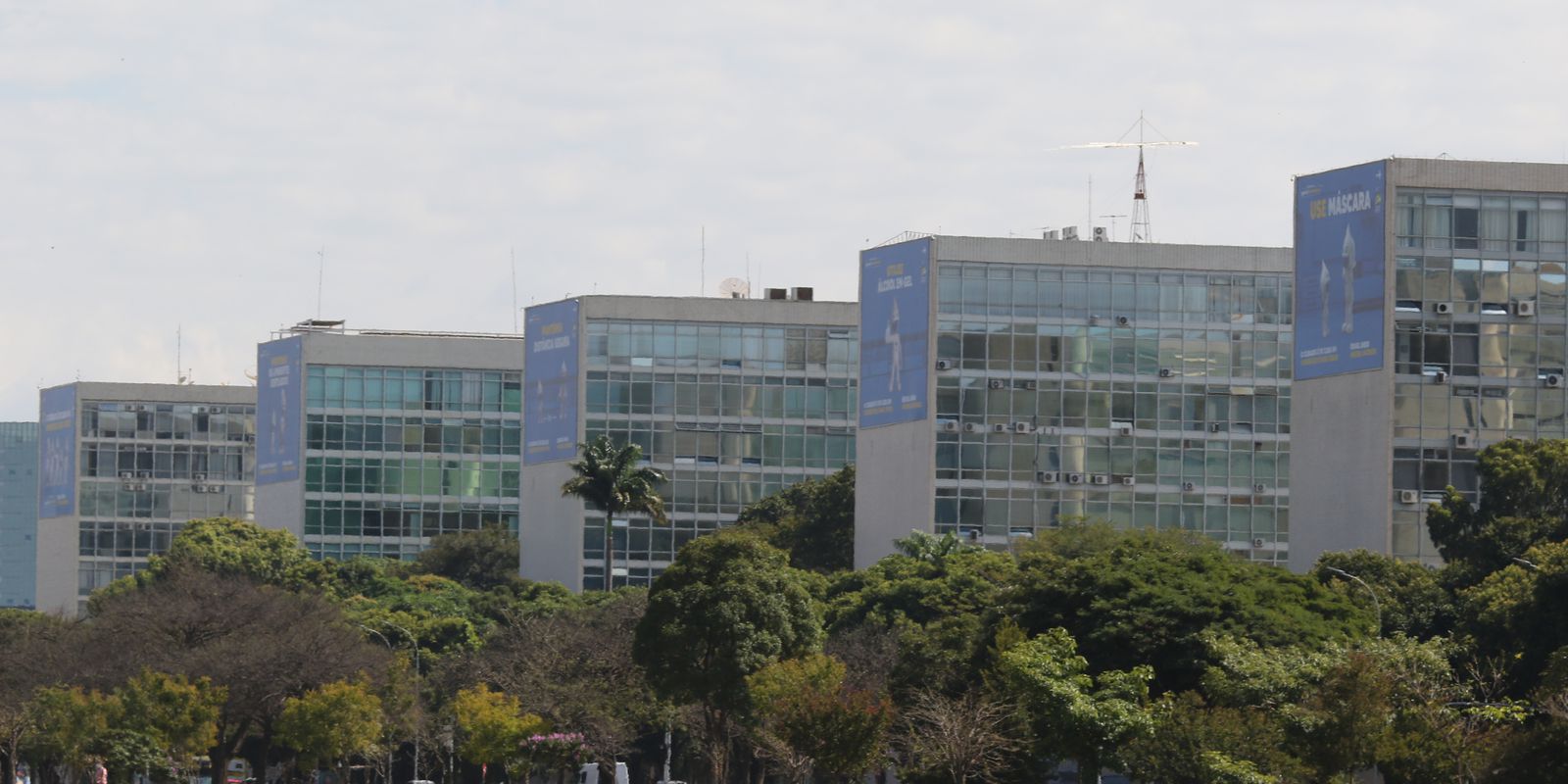The president of Colombia, Gustavo Petro, little by little announced the names of those who, as of August 7, began to direct the ministries in the Governmentand will have the responsibility of presenting proposals from their respective portfolios.
(Three key points of the new tax reform project).
In the economic sphere, José Antonio Ocampo, Minister of Finance; Irene Vélez, Minister of Mines and Energy; Mery Gutiérrez, ICT minister; Cecilia López, Minister of Agriculture; Germán Umaña, Minister of Commerce; Guillermo Reyes, Minister of Transport; Gloria Inés Ramírez, Minister of Labor; and Catalina Velasco, Minister of Housing.
According to these appointments, the experts agree that a miscellaneous Cabinet, with different careers, and disparate previous experience.
“Some have already been in the national government but others lack any experience in public administration and political management of economic affairs,” explained Jorge Restrepo, a professor at the Javeriana University.
Regarding the economic policies that would be expected from the Petro government, analysts say that they will be directed, for the most part, at reduce inequality, and encourage local production.
(This is the economic cabinet formed by Gustavo Petro).
“A fairer tax system is sought, where natural and legal persons with higher incomes and assets pay more, effective tax rates reflect this progressivity, and where monetary and non-monetary transfers alleviate the situation of poverty and vulnerability in the which is 75% of the population“, pointed out Jorge Espitia, a researcher at the National University’s Fiscal Policy Thinking Center.
Also, there is an intention to protect local production against competition from abroad, “which could help protect jobs in some industries in exchange for increasing sales prices to consumers,” said Germán Machado, an economic analyst and economics professor at the Universidad de Los Andes.
(Does the night workday return from 6 in the afternoon?).
According to Espitia, to deepen peasant production, “the intervention of the State is central, from the point of view of planning, of access to production inputs that allow it to provide food to populated centers as well as to large cities.”
However, for experts, still there are no evidence of initiatives to promote the business sector. “In fact, I see that there is an intention to put greater burdens on companies, both in taxes and in salary costs,” added Machado.
BRIEFCASE








